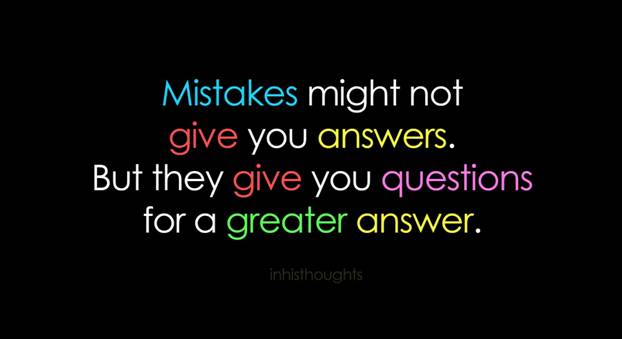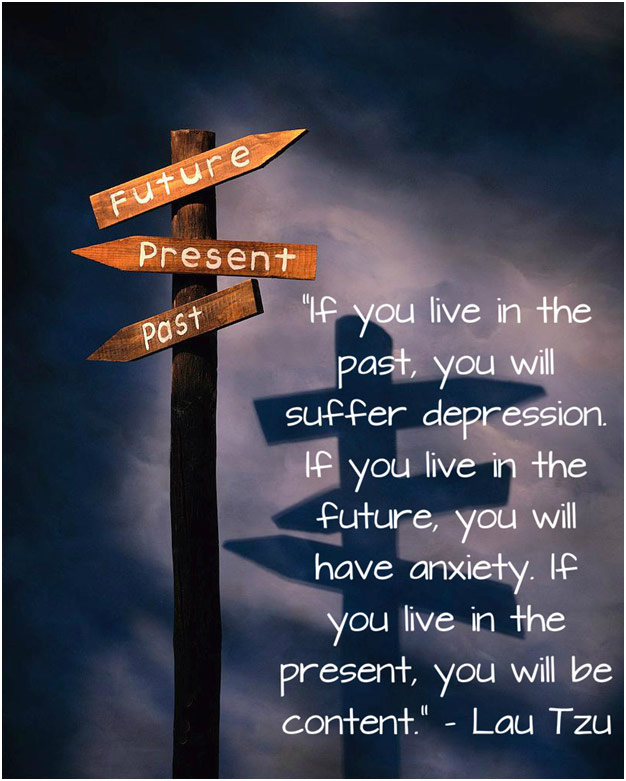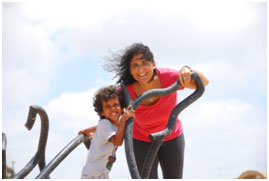
Recently, I ran a professional development course for teachers and we had a big discussion about the simple question “Why?” When I told the participants we had to consider the use of this question carefully, they were confused. To them, “Why?” was an open question that allowed children to express themselves.
Why should we consider not allowing kids to express themselves?
When asked “Why?”, all the people in the world activate a mechanism in their brain that searches for the answer. Even if you ask the question and give the person a long time to find the answer, their brain will not rest until it finds the answer.
Therapists and teachers can make very good use for this when they want to develop mindfulness and critical thinking skills.
But “Why?” is a bad question when someone has done something we wish they had not done, like mess up the carpet, break our favorite vase or forget to do their homework.















